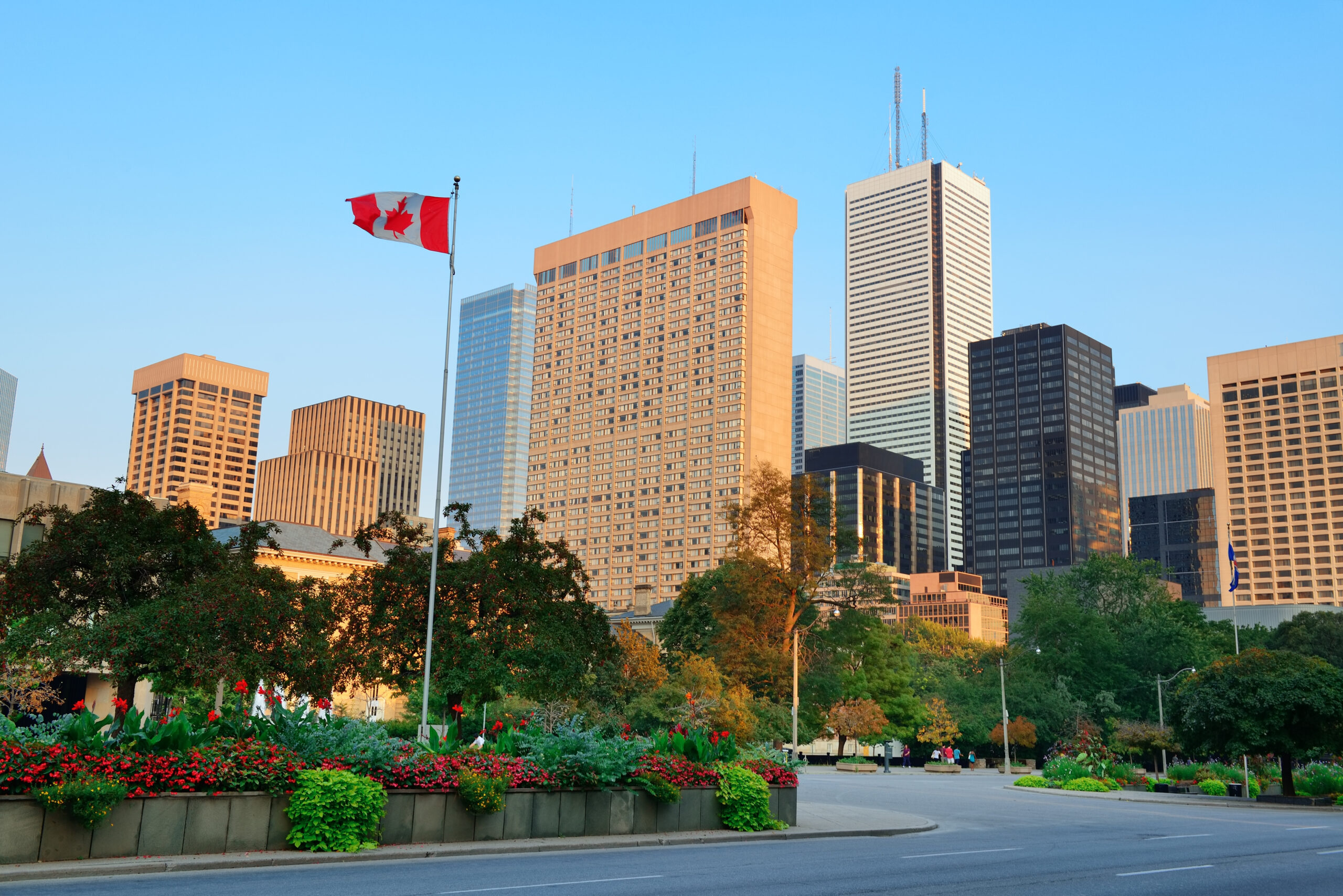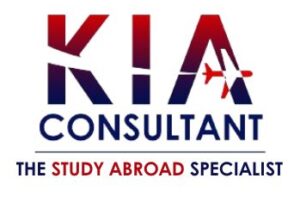Study in Canada

Study in Canada for Indian Students
At all educational levels, including universities, schools, and secondary institutions, a total of 494,525 international students were reported to be residing in Canada in 2017. While pursuing education in Canada, Indian students have the option to choose between English or French as their medium of instruction. The educators and teachers in Canada are supportive and inclusive, fostering a learning environment that reflects the country’s diversity, with individuals from various backgrounds, beliefs, and abilities.
What to do on arrival
Upon arriving in Canada, students must meet with border services officials to present their visa and answer a series of questions. Once all necessary requirements are met, it’s crucial to carry proof of eligibility for entry, as this documentation may be requested by the educational institution. Passport stamping should be completed at the primary inspection stand, and students should submit their travel documents, valid visa, a letter of introduction for an approved study permit, and a valid acceptance letter from the enrolled school. Additionally, students may need to provide any other reference documents as specified by the Visa office.

There are various transportation options available for students residing in Canada:
Public Transportation: Major towns and cities across Canada offer public transportation options, including buses, trains, metro, light-rail trains, and street vehicles or cable cars. To use public transportation, you need to purchase a ticket or a travel pass. Travel passes typically provide unlimited use of public transportation for a specific period, such as one month or more. If you plan to use public transportation frequently, these passes are usually more cost-effective than buying individual tickets.
Ship: An intriguing mode of travel, particularly suitable for exploring coastal areas like British Columbia and the Atlantic region. It is essential to check for available routes and ship companies operating in your vicinity.
Railways: The Canadian rail network is both comfortable and safe for Indian students in Canada. To ensure a smooth entry into the country, it is advisable to purchase train tickets in advance to take advantage of potential discounts. Tickets can be bought at the train station counter or online through Rail Canada.
Bus: This is an excellent option, especially for those seeking budget-friendly travel. Buses also reach smaller towns and come equipped with amenities such as bathrooms and air conditioning. To secure your tickets, you can either call or visit the bus station.
Taxi: Taxi services in Canada are widely available and commonly used for transportation. They operate in urban areas and can be hailed on the street or booked through mobile apps. Taxis are regulated and generally considered a safe and reliable mode of transportation.
Accommodation
Dormitories: These living spaces come equipped with communal areas for recreation, exercise, and cooking. Shared bathrooms and shower facilities may be part of the arrangement. Managed by the school, a room in the dormitory might be shared by two individuals. Additionally, detached apartments are available, accommodating up to six students comfortably. For single occupants, the main floor typically includes a shared living room and kitchen.
Homestay: Starting your new life in Canada by staying with a welcoming family can provide a sense of security and the comfort of being at home. This arrangement usually includes three meals a day, internet access, and a private room for the single occupant.

Shared Apartments: Off-campus shared apartments offer living spaces for at least one additional roommate. Typically, these spaces include a private room or living area for each occupant, similar to individual apartments. Common areas such as the bathroom, kitchen, dining, and living spaces are shared among the occupants.
Health Coverage for International Students in Canada:
Medical coverage and clinical inclusion are mandatory for all international students traveling to Canada. It is important to arrange for private health insurance in regions where international students are not covered under provincial healthcare plans.

Private Health Insurance: Whether obtained from private health coverage or out-of-pocket expenses, approximately 30% of all healthcare expenditures in Canada are private. If you plan to travel, private health insurance may be necessary, as medical care offered in your province may not be covered in different regions.
Provincial Health Care: This coverage includes basic and preventive medical services, along with emergency care. Access to these services is granted once you have a valid study visa and a healthcare card.
Application and Utilization of Insurance Card: To obtain an insurance card, you can fill out an application form online, at a doctor’s office, or at a hospital. When applying for the card, you will need identification proof, such as a passport, birth certificate, IMM5292, or a permanent resident card. Present the card at the hospital to avail the necessary treatment.
Canada Food

Canadians are known for their graciousness, thoughtfulness, and love for harmony, embodying great resilience and humility. Several cultural norms are observed in Canadian society, highly valued for promoting equality. Individuals are generally considered equal, with no apparent hierarchy, ensuring everyone is granted equal rights and opportunities.
Canadian Weather

The weather in Canada varies depending on your geographical location within this vast country, encompassing five time zones. Canada witnesses four distinct seasons: winter, summer, spring, and fall. Spring might be chilly, so it’s advisable to bring warmer coats and comfortable clothing. Even during summers, evenings can be cooler, while daytime temperatures are quite hot. Winter temperatures can plummet to as low as -3 degrees Celsius or 27 degrees Fahrenheit.
Canada Visa Guidance

As is with any nation, apply for an examination grant to get taught in Canada. Moreover, an electronic travel authorization (ETA) or a brief occupant visa might be required. Apply for study grants on the web or on paper
Eligibility
To be qualified for a Canadian report visa, you should:
- Select yourself at a perceived Canadian University
- Verification of assets covering all your abroad living costs, educational expenses, and return travel must be given
- You should be healthy and have no criminal record
- Your application is handled utilizing the Student Direct Stream, on the off chance that you are from China, Philippines, India, Senegal, Morocco or Vietnam
- Show verification of assets to cover your educational expenses, living costs, bring travel back
Document Required
- Letter of Acceptance from DLI in Canada
- Proof of Passport alongside enough assets as above
- Biometric data, photos, and fingerprints
- Clinical reports, most recent, showing sound wellbeing
- GIC or Receipt of Guaranteed Investment Certificate
- Language test structure demonstrating a score of at any rate 6 groups for English (IELTS)
- Individual Statement and Passport Size Photographs
Your Canadian Dream Awaits
By choosing to study in Canada, you're embarking on a life-changing journey filled with education, adventure, and opportunities. At KIA Consultant , we're here to help you every step of the way, from selecting the right program to visa guidance and post-arrival support. Ready to unlock your potential in Canada? Contact us to start your educational adventure today.
